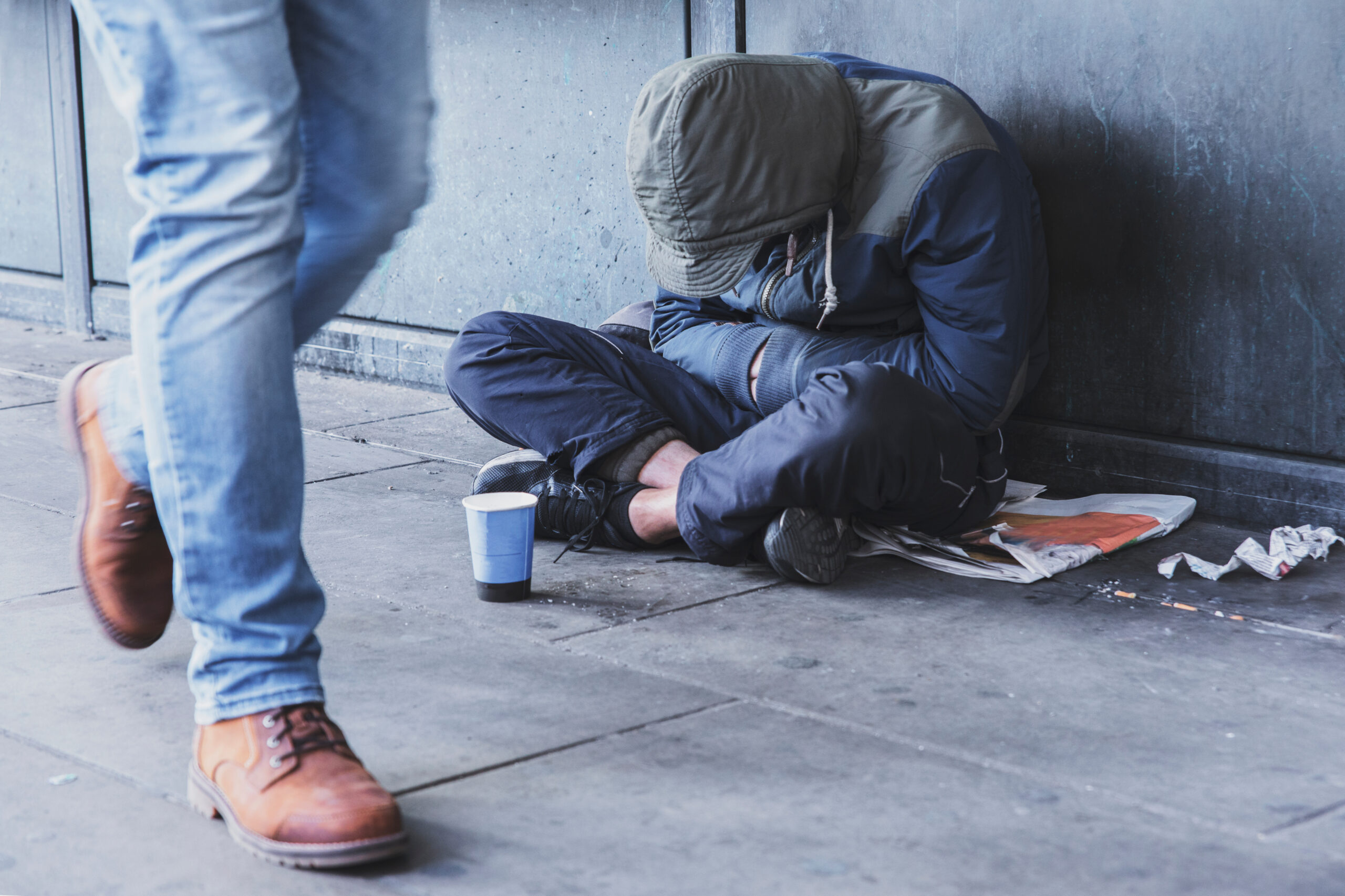Addressing the struggles of homeless individuals with substance use disorders is crucial to understanding the multifaceted challenges they face daily. Homelessness, coupled with substance abuse, creates a complex web of difficulties, amplifying the already harsh realities of life on the streets. To learn more about addiction and homelessness as well as addiction treatment programs in Pennsylvania, call us today at 844.442.8673.
Life on the Streets: The Struggles
1. Survival
Homeless individuals battling substance use disorders navigate a relentless cycle of survival. The need for basic necessities—food, shelter, safety—often takes a backseat to the urgency of acquiring their substance of choice. This struggle frequently leads to risk-taking behaviors, dangerous encounters, and exposure to exploitation or violence.
2. Health Complications
Substance abuse exacerbates health issues. From infections due to unhygienic conditions to chronic illnesses and mental health disorders, the lack of access to proper healthcare magnifies their suffering. Common ailments include skin infections, respiratory problems, malnutrition, and untreated mental health conditions.
3. Vulnerability
The homeless, particularly those with substance dependencies, are vulnerable to exploitation. They are often targets for crimes, abuse, and human trafficking. Moreover, substance use impairs judgment, making them more susceptible to manipulation and dangerous situations.
4. Stigmatization and Isolation
Society often stigmatizes homeless individuals struggling with substance abuse. This marginalization intensifies their feelings of isolation and hinders their efforts to seek help. The stigma attached to their situation can prevent them from accessing crucial support systems.
Relevant Drugs and Their Effects
1. Opioids
Opioids, including heroin and prescription painkillers like oxycodone, pose significant risks. Chronic use leads to physical dependence, causing withdrawal symptoms like intense pain, vomiting, and agitation. Overdose is a pervasive risk, leading to respiratory failure and death.
2. Stimulants
Drugs like methamphetamine or cocaine heighten alertness but come with detrimental effects. Users experience increased heart rate, paranoia, aggression, and severe dental issues. Long-term use leads to psychosis, heart problems, and cognitive impairments.
3. Alcohol
Alcohol abuse among the homeless is prevalent. Chronic alcoholism leads to liver disease, cognitive impairments, and increased vulnerability to accidents or violence. Withdrawal symptoms can be severe, including delirium tremens, seizures, and even death.
4. Synthetic Substances
Substances like synthetic cannabinoids (commonly known as “spice” or “K2”) induce unpredictable effects, including hallucinations, seizures, and intense anxiety. They pose an increased risk of overdose due to varying potency and unknown ingredients.
Get Help Today For Addiction and Homelessness
The issues of addiction and homelessness reflect a harsh reality often overlooked by society. Addressing their challenges requires a multifaceted approach encompassing access to healthcare, mental health support, addiction treatment, and social services.
Understanding the complexities of their circumstances is crucial to creating effective interventions and compassionate outreach programs aimed at providing holistic care and support. By acknowledging these struggles and offering comprehensive aid, we can work toward helping these vulnerable individuals regain stability and dignity in their lives. To learn more, call us today at 844.442.8673 or use our online contact form.







